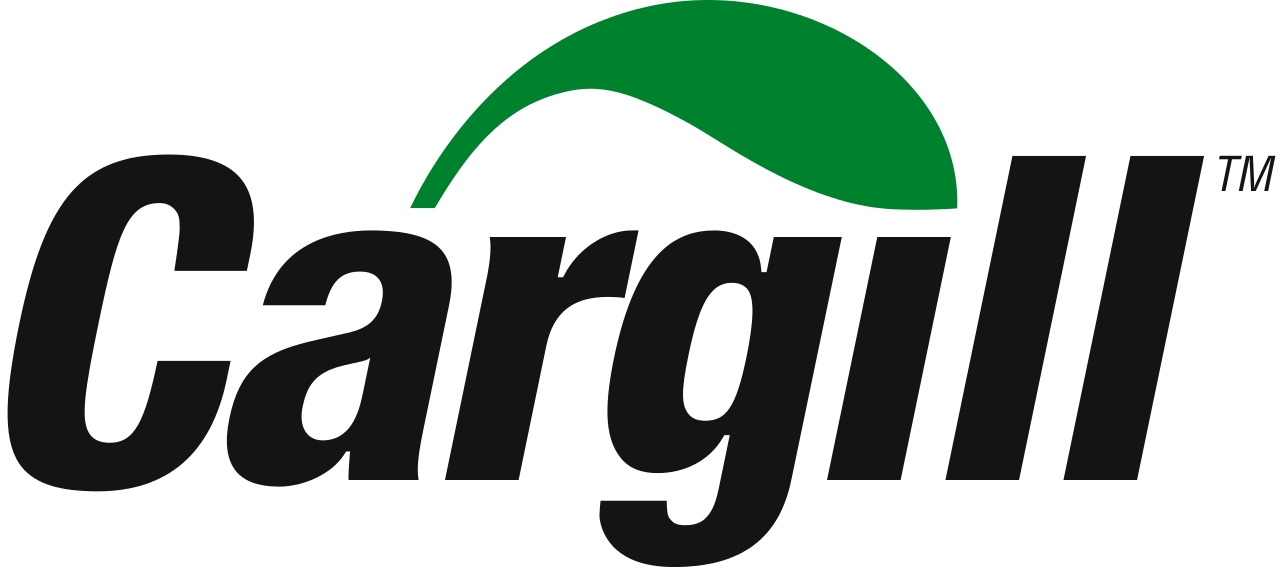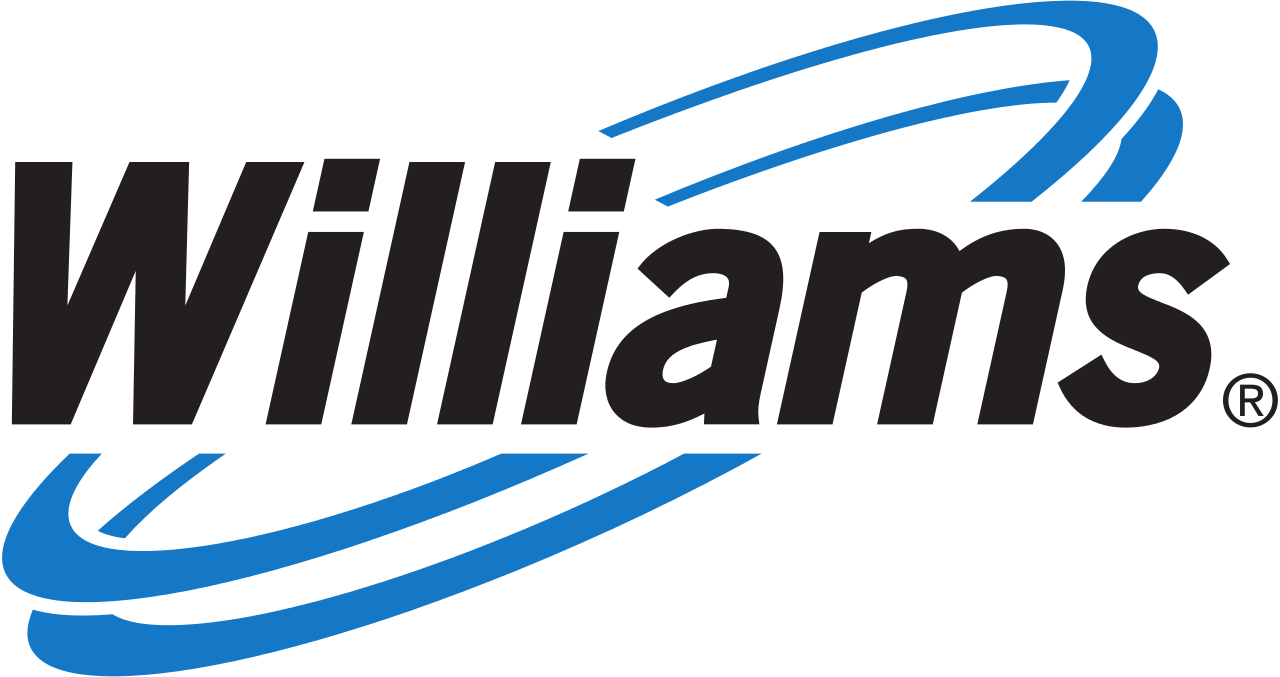Every day, people in refineries, hospitals and airlines perform critical tasks. But there’s a spectrum to how well tasks are performed. Error rates can be 10, 100 or even 1,000 times lower than others. A hospital can administer 3,000 doses of medication in a day without error. Commercial airlines in the U.S. operate about 25,000 flights a day. Yet, a manufacturing company may fill 250 product tanks a week. One overfilled tank is an error rate of just 0.4%. That may seem low, but that same rate at the hospital is 12 medication errors and 100 catastrophic incidents in one day at an airline.
To avoid problems, organizations want error rates to be low. In some cases, extremely low. When someone makes a mistake like leaving a valve open, it’s naturally attributed to that person. It’s true, that person made an error. But that error occurred at a specific step within a task. To avoid making the same mistake again, that step needs to be performed differently. Most efforts to reduce human error are focused on fixing the individual, but the bigger opportunity is to fix the work process. The work process affects everyone.
Work Process Basics
Typically, organizations conclude their procedures are fine; just not followed. But a procedure can’t be fine if it’s not followed. Highly reliable organizations have highly reliable work processes. The procedure is only one element of a system consisting of people, task, tools and environment – the human factors. With a reliable work process, even an absent-minded person can perform a task repeatedly without issue. For you, which works better: taking a grocery list to the store or tying to remember everything? A list is a change in work process, not the person.
Human error and human performance are areas where organizations struggle. These topics are sometimes perceived as complex. As with any task, the more confusing it is, the less reliable it is. Don’t drift from the basics. Your company’s approach for reducing error better be easy to understand. Ideally, it should look exactly like the work that’s done. Strive for clarity. All the information you need to make your work processes more reliable is already within your organization. You just need to access it.
Accountability
What people do are the company’s work processes. Shifting focus away from people and toward tasks raises concerns about accountability. But it’s the frontline people who know what’s unclear within the current procedures. They help set expectations by spelling out exactly what’s needed to do the job effectively. Even the dynamic of how these details are collected changes because people would rather talk about the deficiencies in a task than what they messed up.
Accountability requires people to justify their actions. Reviewing a work process makes this an easier discussion and ensures information is captured at the appropriate step. Lessons should be documented within the work process, not in a bulleted list, so the details become part of the organizational know-how going forward. Learning organizations integrate solutions into their work processes and training.
Insight from the Frontline
Organizations need to identify the differences between what’s stated in their procedure and what’s practiced in the field. The frontline is a resource for flushing out everything that’s confusing or unclear. Important details may be unknown to management because the frontline is concerned about incriminating themselves. Keep the focus on the task to foster these discussions and minimize blame.
Implementation
I encourage you to experiment with this approach. It’s extremely low risk. You don’t have to change your company’s management philosophy to test this. Start with one task that has recurring issues and dissect it. When you get results, test it on another one. This program can grow organically within your company. People will do what works.
If you’d like assistance, we would be happy to provide a demonstration of our Work Process Reliability™ approach. You can contact us here. To learn more, visit our website, or attend one of our in-person or online workshops.











